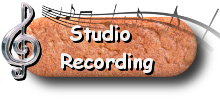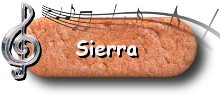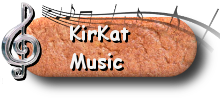 Debbie Seibert is a graduate of CSUF with a BA degree in
Vocal Performance. She went on to receive a Master's from Goucher college in
Education. She toured professionally as a vocalist with Omega Sunrise in the
80's, and went on to teaching music in schools since the 90's. She taught music and drama at Perry Hall Christian School in Perry Hall, Maryland for 12 years.
She now works with students privately at the home studio, and specializes
in working with middle and high school students focusing on musical theater, and
contemporary praise and worship music.
Debbie Seibert is a graduate of CSUF with a BA degree in
Vocal Performance. She went on to receive a Master's from Goucher college in
Education. She toured professionally as a vocalist with Omega Sunrise in the
80's, and went on to teaching music in schools since the 90's. She taught music and drama at Perry Hall Christian School in Perry Hall, Maryland for 12 years.
She now works with students privately at the home studio, and specializes
in working with middle and high school students focusing on musical theater, and
contemporary praise and worship music.
If you are interested in learning
more about voice lessons you can contact her at (410) 665-3143, or via e-mail.









